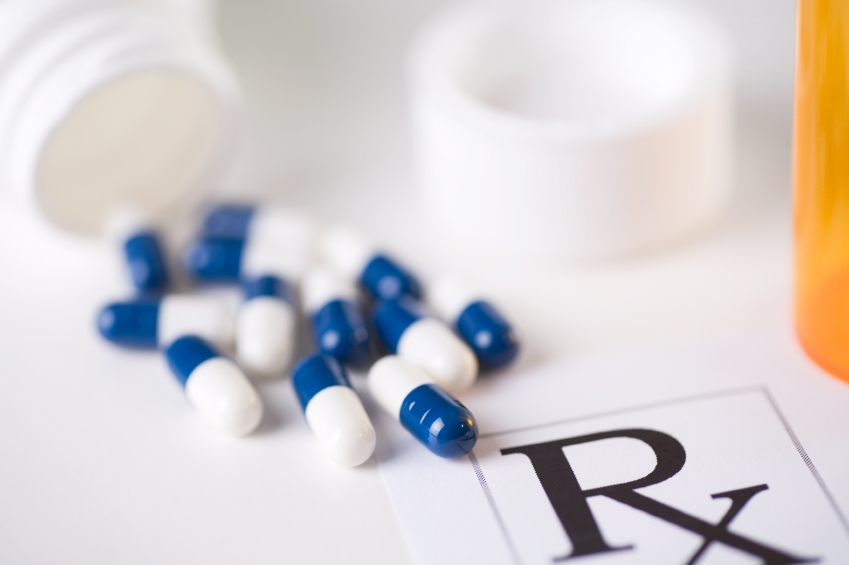- 14.3 Million Nigerians Abuse Cocaine, Tramadol, Others – FG
The report on the first-ever National Survey on Drug Use in Nigeria, which was presented by the Federal Government on Tuesday in Abuja, has shown that 14.3 million people, representing approximately 14.4 per cent of the country’s population (between age 15 and 64), abused drug substances in the past one year.
The project, which was supported by the United Nations Office on Drug and Crime, and the European Union, was carried out by the National Bureau of Statistics and Centre for Research and Information on Substance Abuse as part of a large-scale project being implemented in Nigeria under the 10th European Development Fund Modality.
According to the survey, 10.6 million Nigerians abused cannabis in 2018 while 4.6 million abused opiods. The report said that 2.4 million youths and adults also abused cough syrups with 92,000 more using cocaine. Other drugs commonly abused during the period are tranquilizers and sedatives, solvent, inhalers, amphetamines and prescription stimulants.
The survey said that the prevalence of the menace was more pronounced in the South-West geo-political zone with 22.4 per cent or 4.3 million users. Oyo and Lagos states lead in the zone. The South-South came second in the list, while the South-East, with 1.55 million users, came third. The North-Central, with 10 per cent or 1.5 million users, was ranked lowest.
The Director, Department for Operations at UNODC, Miwa Kato, stated at the occasion that the survey illustrated the problem of drug use and dependence in Nigeria, as well as the lack of services to address the issues. She added that the report was also staggering.
She said, “I believe the findings of the survey will be a wake-up call for us and international actors involved in the drug response that the problem is serious and the business-as-usual approach will not work to address this growing threat to Nigeria’s well-being and stability.
“The number of past year drug users in Nigeria is considerably high by international standards at approximately 14.3 million people. That means that the prevalence of past year drug use in Nigeria is more than twice the global average of 5.6 per cent. The report also shines the light on the alarming prevalence of prescription opioids, mainly tramadol and cough syrups, for non-medical purposes. The extent of the problem is such that it cannot be addressed alone by any single entity within the government or by the government alone.”
The Minister of State for Health, Dr Osagie Ehanire, in his address, said the findings were striking and alarming.
He said, “People Who Inject Drugs constitute a sizeable proportion of high risk drug users with pharmaceutical opioids, followed by cocaine and heroin as the commonly injected drugs. Drug treatment facilities and services in the country are insufficient and there is a disturbing level of non-medical use of prescription opioids, such as tramadol and codeine or dextromethorphan containing cough syrup.”
The minister said that, in order to check the trend, the Federal Government in 2018 inaugurated the Presidential Advisory Committee on the Elimination of Drug Abuse and the Ministerial Committee on The Elimination of Drug Abuse.
The Chairman of PACEDA, Brig. Gen. Buba Marwa (retd), said that the factors leading to drug use and abuse included experimental curiosity, peer and parental influences, socio-economic conditions and extra energy required by youths who engaged in hard and prolonged labour at early ages. He added that the survey report would assist PACEDA in its work while stating its readiness to collaborate with UNODC in structuring the fight against drug abuse.

 Forex3 weeks ago
Forex3 weeks ago
 Naira3 weeks ago
Naira3 weeks ago
 Billionaire Watch2 weeks ago
Billionaire Watch2 weeks ago


 Naira3 weeks ago
Naira3 weeks ago




 Naira2 weeks ago
Naira2 weeks ago




 Naira1 week ago
Naira1 week ago




 Naira4 weeks ago
Naira4 weeks ago
 Banking Sector4 weeks ago
Banking Sector4 weeks ago












